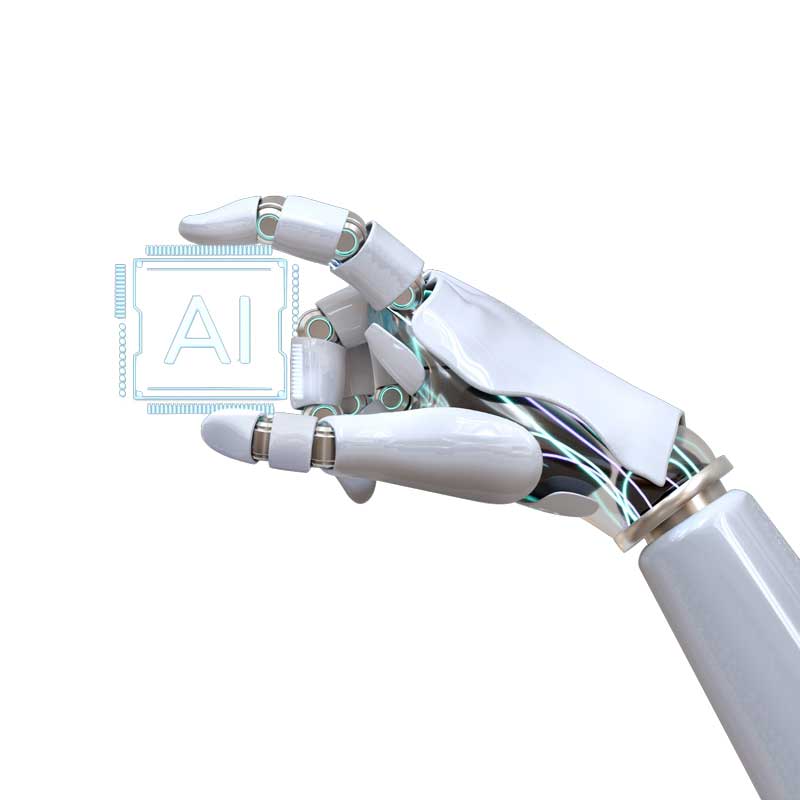Artificial Intelligence (AI) technology has rapidly advanced, becoming one of the most transformative forces of the modern era. From powering smart assistants to revolutionizing industries, AI technology is redefining how we live, work, and innovate. This blog explores the core aspects of AI technology, its real-world applications, and the challenges and opportunities it presents for the future.


Artificial Intelligence (AI) technology has rapidly advanced, becoming one of the most transformative forces of the modern era. From powering smart assistants to revolutionizing industries, AI technology is redefining how we live, work, and innovate. This blog explores the core aspects of AI technology, its real-world applications, and the challenges and opportunities it presents for the future.
AI technology refers to computer systems designed to mimic human intelligence. These systems can learn from data, recognize patterns, make decisions, and adapt over time. AI technology encompasses various subsets, including machine learning (ML), natural language processing (NLP), computer vision, and robotics.
Key characteristics of AI technology include automation, data-driven insights, problem-solving capabilities, and continuous improvement through learning algorithms.
AI technology has permeated almost every aspect of our lives and industries. Below are some of its most impactful applications:
AI technology powers virtual assistants like Alexa, Siri, and Google Assistant, enabling them to answer queries, manage schedules, and control smart devices through voice commands.
AI technology plays a critical role in healthcare, from predictive diagnostics to robotic surgeries. For instance, AI-driven imaging tools can detect diseases like cancer in their early stages, and wearable devices continuously monitor patients’ vitals.
AI technology helps financial institutions automate processes, detect fraud, predict market trends, and offer personalized investment recommendations. Chatbots and AI-driven customer support enhance user experiences.
AI technology has revolutionized education by enabling adaptive learning platforms, virtual classrooms, and AI tutors. It personalizes content to match students’ learning pace and style.
AI-driven robotics automate assembly lines, while predictive maintenance reduces equipment downtime. AI also optimizes supply chain management by forecasting demand and minimizing inefficiencies.
AI technology has unique features that distinguish it from traditional computing systems:
AI technology automates repetitive tasks, improving efficiency and reducing human intervention.
AI systems process and analyze vast amounts of data to uncover patterns and insights that would be impossible for humans to identify manually.
By analyzing historical data, AI technology predicts future trends, enabling informed decision-making.
AI technology reduces time and effort required for complex tasks, allowing businesses to focus on strategic goals.
Automation reduces operational costs, enabling businesses to allocate resources more effectively.
AI technology drives innovation, creating opportunities for new products, services, and business models.
While AI technology offers numerous benefits, it also raises ethical and technical concerns:
Bias in Algorithms
AI systems can inadvertently reflect biases present in their training data, leading to unfair outcomes in areas like hiring and criminal justice.
Privacy Concerns
AI technology relies on large datasets, which can compromise user privacy if not managed responsibly.
Job Displacement
The automation of tasks through AI technology may lead to job losses, especially in industries heavily reliant on repetitive tasks.
Security Risks
AI systems can be vulnerable to hacking or misuse, posing significant cybersecurity threats.

The potential of AI technology is limitless. Emerging trends include:
Tools like ChatGPT and DALL-E demonstrate the creative potential of AI in content creation, art, and design.
AI technology is driving advancements in renewable energy, waste management, and environmental monitoring, promoting sustainability.
AI technology is exploring direct communication between computers and the human brain, opening new possibilities for healthcare and communication.
Integrating quantum computing with AI technology could solve complex problems at unprecedented speeds.

AI technology has become a driving force behind modern innovation, reshaping industries and enhancing our daily lives. From improving healthcare outcomes to optimizing business processes, its applications are vast and transformative. As we continue to embrace AI technology, addressing its ethical and technical challenges will be crucial to ensuring its benefits are shared equitably across society.